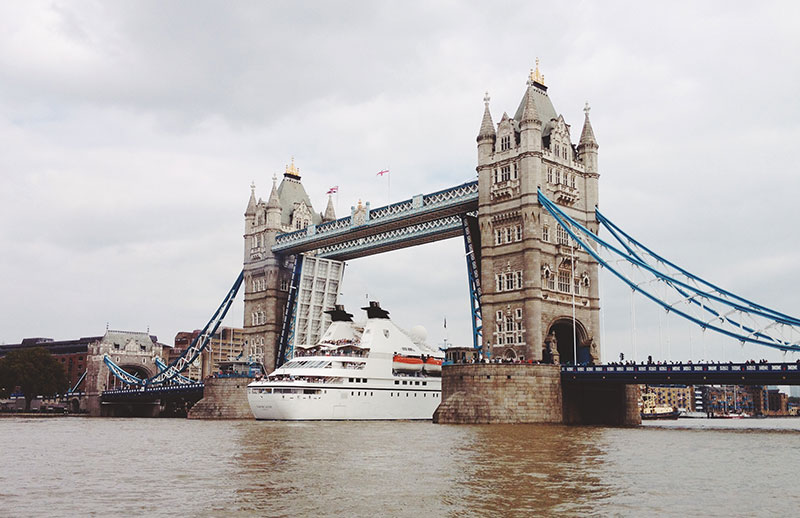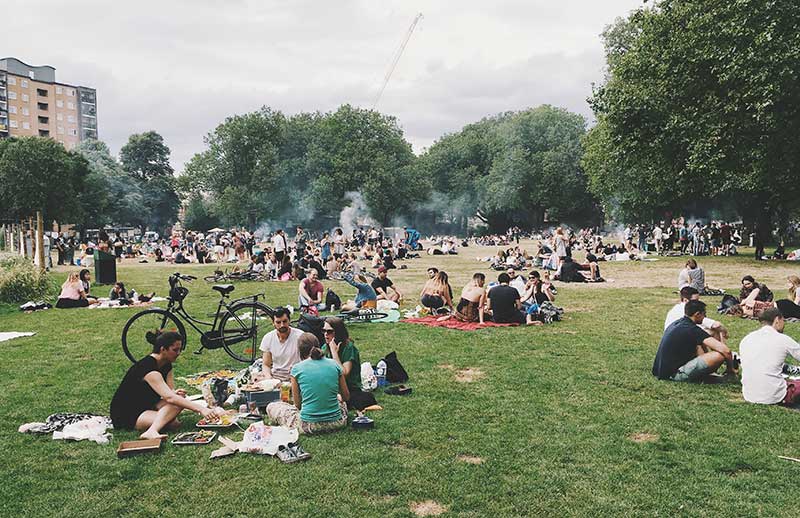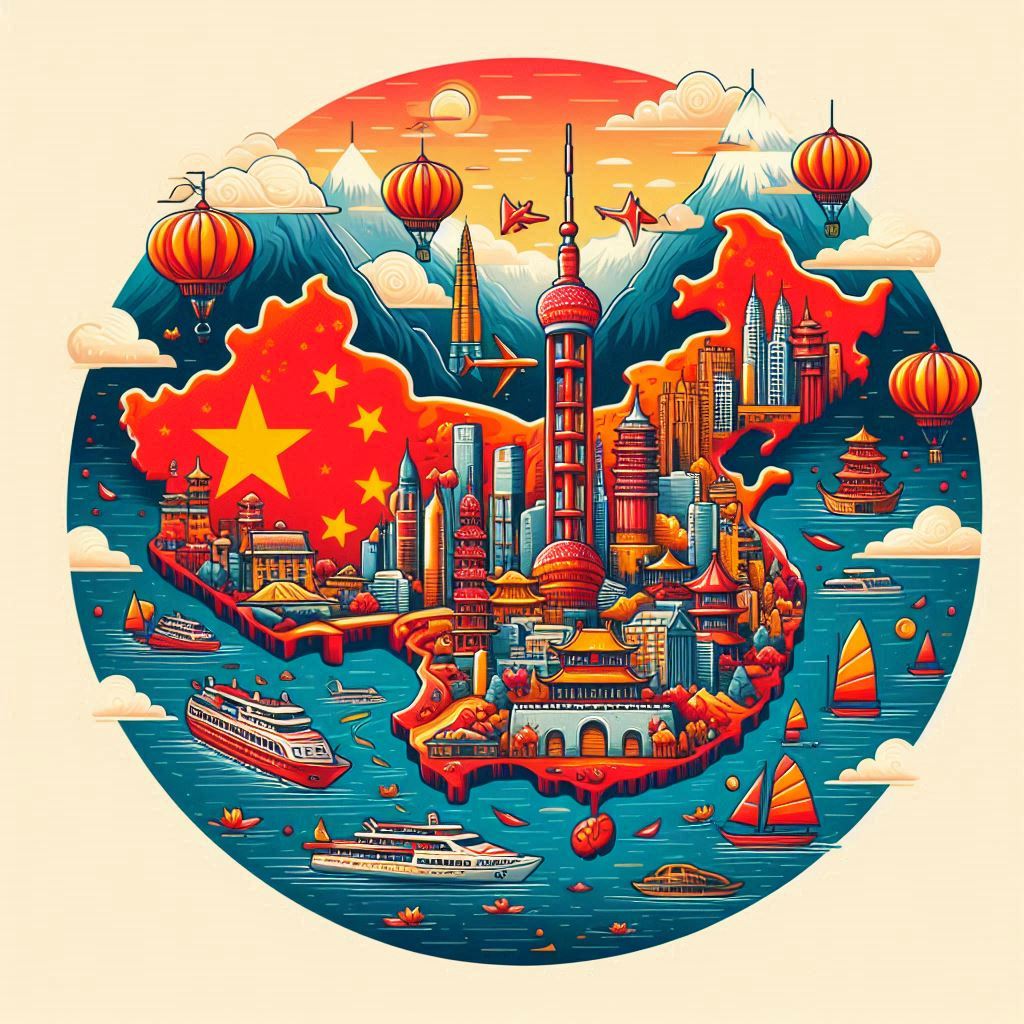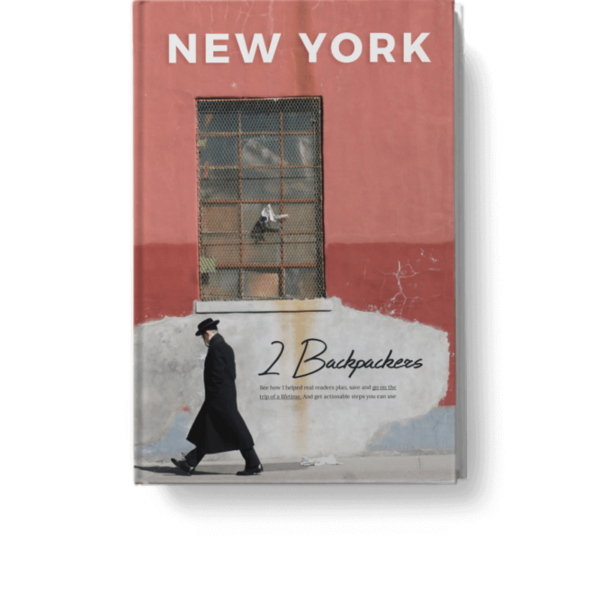China
China, the world’s most populous country, is a place of immense cultural, historical, and geographical diversity. From the Great Wall and ancient temples to modern cities like Beijing and Shanghai, China is a country that offers travelers a chance to explore both ancient traditions and cutting-edge innovation. Whether you’re wandering through the Forbidden City, admiring the Terracotta Army, or cruising down the Li River, China has something for every traveler.
Here’s an overview of China
China is home to one of the world’s oldest continuous civilizations, with history spanning over 5,000 years. It is a country of contrasts, blending ancient traditions with rapid modernization. Famous for its historical sites, cuisine, festivals, and natural beauty, China attracts millions of visitors each year.
If we talk about the culture
China’s culture is deeply rooted in Confucianism, Buddhism, and Taoism, influencing everything from art and architecture to food and festivals.
Art and Music
Traditional Chinese Painting: Known for its delicate brushwork and emphasis on nature, Chinese painting has evolved over thousands of years.
Calligraphy: An ancient art form, where writing itself is viewed as a form of beauty, with an emphasis on fluidity and expression.
Chinese Opera: Peking opera is the most famous form, known for its elaborate costumes, symbolic gestures, and stylized singing.
Chinese Music: Traditional Chinese music uses a variety of instruments, such as the guzheng (a stringed instrument), pipa, and erhu (a two-stringed fiddle).
Festivals
Chinese New Year (Spring Festival): The most important holiday in China, celebrated with family reunions, fireworks, dragon dances, and elaborate feasts.
Mid-Autumn Festival: A celebration of the harvest and the full moon, with families gathering to eat mooncakes.
Dragon Boat Festival: Known for its colorful dragon boat races and eating zongzi (sticky rice wrapped in bamboo leaves).
Qingming Festival (Tomb-Sweeping Day): A day when families honor their ancestors by visiting their graves.
Things to See and Do in China

“The Professional Hobo”

“Never Ending Footsteps”
Accommodation in China
China offers a wide range of accommodation options, from budget hostels to luxurious hotels.
Luxury Options – The Peninsula Beijing: A five-star hotel offering luxury accommodations with top-notch amenities and services.
The Bund Shanghai: A prestigious hotel with spectacular views of the Huangpu River and the city skyline.
Mid-Range Options – W Shanghai – The Bund: A stylish hotel located along the river, offering modern rooms and excellent dining.
Holiday Inn Express Beijing: A reliable chain with comfortable rooms and a central location in Beijing.
Budget Options – Hostel Beijing: A budget-friendly option for young travelers looking to stay near major tourist attractions.
Airbnb Rentals: Renting an apartment in major cities like Beijing or Shanghai offers a more affordable, local experience.
Food in China
Chinese cuisine is known for its variety, flavors, and regional specialties. Each region has its own unique dishes, influenced by local ingredients and culinary traditions.
Must-Try Dishes – Peking Duck: A Beijing specialty, known for its crispy skin and tender meat, often served with pancakes and hoisin sauce.
Dim Sum: A Cantonese tradition, dim sum includes a variety of small dishes like dumplings, buns, and spring rolls.
Mapo Tofu: A spicy Sichuan dish made with tofu, ground pork, and a fiery chili bean paste.
Hotpot: A communal dining experience, where diners cook various meats, vegetables, and noodles in a bubbling pot of broth.
Noodles: China is home to a variety of noodle dishes, including Lanzhou’s hand-pulled noodles and Sichuan’s dan dan noodles.
Tea Culture: Tea is an essential part of Chinese dining culture. Many restaurants serve tea free of charge, and it’s polite to offer tea to guests.
Street Food: Don’t miss out on the local street food, which offers a range of delicious and affordable snacks like dumplings, skewers, and baozi (steamed buns).

Budget Tips
Suggested daily budget Budget Traveler (CNY 300–CNY 600 per day):
• Accommodation: CNY 100–CNY 200 (budget hotels or hostels).
• Food: CNY 50–CNY 100 (street food, casual dining).
• Transport: CNY 30–CNY 50 (metro and buses).
• Activities: Free activities like exploring parks, temples, and neighborhoods.
Mid-Range Traveler – (CNY 600–CNY 1,200 per day):
• Accommodation: CNY 200–CNY 600 (mid-range hotels or Airbnb).
• Food: CNY 100–CNY 200 (local restaurants or buffet dining).
• Transport: CNY 50–CNY 100 (metro, taxis, or long-distance trains).
• Activities: Paid attractions like museums, temples, and guided tours.
Luxury Traveler –(CNY 1,200+ per day):
• Accommodation: CNY 600+ (luxury hotels).
• Food: CNY 200+ (fine dining).
• Transport: CNY 100+ (private taxis or flights).
• Activities: Exclusive experiences like private tours or opera tickets.
Additional Costs to Consider –
• Take Advantage of the China Rail Pass: For extensive travel by train, the China Rail Pass offers discounts on long-distance travel.
• Use Apps for Deals: Apps like Dianping (for restaurant reviews) and Fliggy (for discounted travel) can help you save on food and activities.
• Eat at Local Restaurants: Dining at restaurants where locals eat offers the best value and authentic meals.
Money Saving Tips
The best time to visit India depends on your preferences
Spring (April–June): A great time to visit, with pleasant weather and fewer crowds.
Fall (September–November): The weather is still warm, and the fall foliage, especially in places like Beijing, is spectacular.
Summer (July–August): The busiest tourist season, with hot weather and crowded attractions, especially in major cities.
Winter (December–February): While it can be cold, winter offers fewer crowds and lower prices.
Best Months: April to June and September to November for mild weather and fewer tourists.
Stay Connected in China: A Guide for Indian Travelers
China, with its rich history, vibrant culture, and modern cities, is a captivating destination for Indian travelers. Staying connected in China can be a bit different due to unique internet regulations and language barriers, but with the right preparation, it’s easy to ensure seamless communication. Here’s your guide to staying connected and saving money in China:
Use International Roaming
• Local SIM Cards: Purchase a local SIM card from providers like China Mobile, China Unicom, or China Telecom. These offer affordable prepaid plans with good coverage across the country.
• eSIM Technology: If your phone supports eSIM, activate a Chinese eSIM before your trip for instant connectivity.
• International Roaming: Check with your Indian telecom provider for international roaming plans tailored for China. Ensure they support China’s network bands.
Internet Access
• Wi-Fi Availability: Free Wi-Fi is available in most hotels, restaurants, and public spaces in major cities. However, speeds may vary in rural areas.
• Portable Wi-Fi Devices: Renting a portable Wi-Fi device is a practical option, especially if traveling in groups.
• VPN Services: Since many global websites and apps are blocked in China (e.g., Google, Facebook, WhatsApp), a reliable VPN is essential for unrestricted internet access. Download and set up the VPN before arriving in China.
Usefull Apps for Travelers
• WeChat: Essential for communication, payments, and navigation in China. It’s widely used by locals and tourists alike.
• Baidu Maps: A great alternative to Google Maps, with accurate navigation tailored for China.
• Pleco: A must-have translation app for understanding Chinese characters and communicating with locals.
• Ctrip/Trip.com: Useful for booking hotels, flights, and train tickets in China.
Communication Apps
• Carry a power bank for long days of exploring.
• Use a VPN to access blocked websites and apps securely.
• Save local emergency numbers and the address of your accommodation in Chinese for easy communication with locals or taxi drivers.
September 7, 2018











